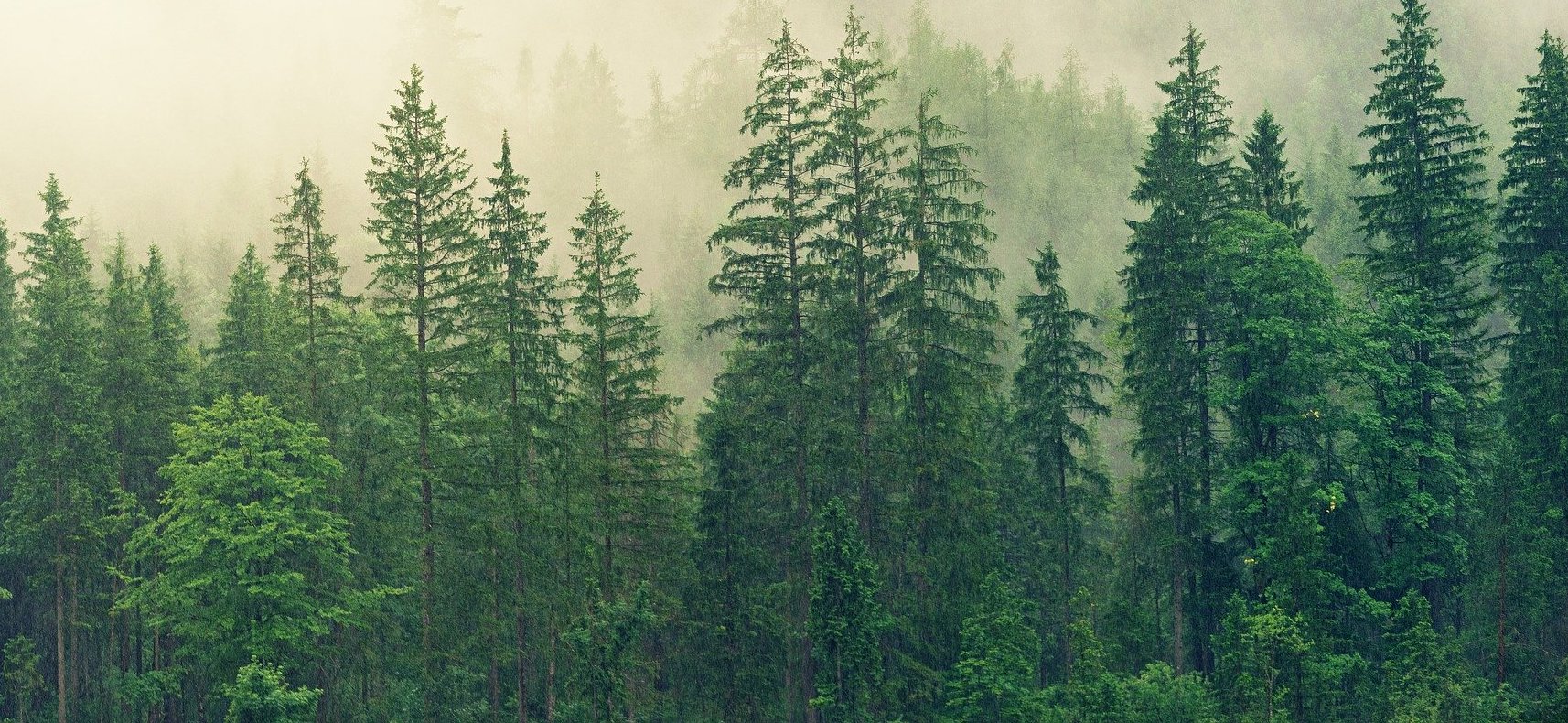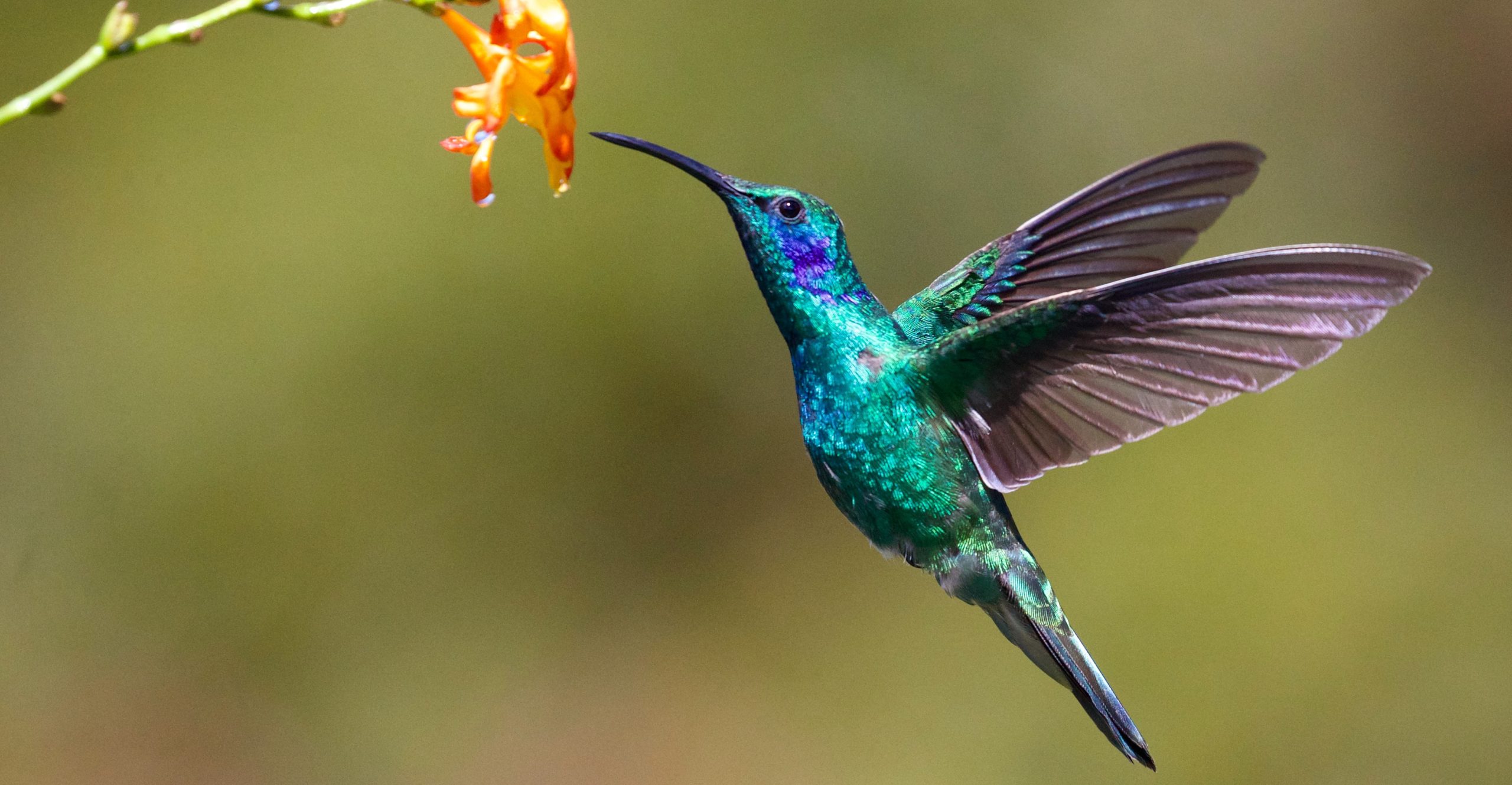Every day at sunrise, I wake up the kids and feed them breakfast before we head out on our morning ride. When they are ready, helmets on, waiting excitedly on their bikes, we inspect the perimeter outside our hut—nobody in sight, not even a coyote. The area is safe. I give the signal, and everybody is off, quickly pedaling toward West Cliff. Drunk with the cool morning breeze, we draw long draughts of freedom, pushing furiously on our pedals and taking over the empty road. From a distance we see the trembling of the ocean, waiting for us at the end of Merced Avenue. We go down the deserted slope. All around us is only the rhythmic splashing of water. Every morning we look for the treasures that have been washed ashore. We search for the debris of some lost civilization, some material trace of castaways like us. We are an Italian Family Robinson stranded on a distant island: like many others these days, we have found ourselves cut off from the rest of humanity. Technically, we are a walkable three miles to the University of California at Santa Cruz campus, where I no longer go to teach. Experientially, we are alone.
After a shipwreck nobody had foreseen, my family has had to rely on ourselves, on one another, more than ever before. At first, we were shocked; then denial followed; then eventually we tried to minimize: business as usual. But the echoes of familiar voices back in Italy kept reaching us, carried by the wind, over the waves, together with the scraps of a life we once knew. At that point, we turned our optimism on and began looking around, determined to make the best of our new life on this island. Luckily, we are blessed with all the modern comforts of our civilized world. Before the wreckage of our past life sunk, we were able to save art, books, and music. And we finally have time to enjoy them and appreciate that they aren’t merely commodities of a wealthy life—they keep us from alienation. There is no need to trust our messages to a bottle anymore. We have Zoom. I am even among the very few who can still enjoy the blessing of their trade, teaching remotely and writing. All this freedom we have now is even galvanizing at times. Our means of communication have improved so much that one can hardly feel any difference at all—if it weren’t, of course, for those nuisances that make us feel that we are in the presence of a real human being.
We are an Italian Family Robinson stranded on a distant island: like many others these days, we have found ourselves cut off from the rest of humanity.
Something is missing. It isn’t simply the ability to move around at will or to go about our normal life. It’s something else that I am missing.
I am missing you. You, whom I do not know and have never even met. You who stood in your front yard every morning, or slept in an RV in the CVS’s parking lot with your kids playing in the driver’s seat. Never even once had I turned my face to look at you. You, whom I have dodged a thousand times while staring at my phone, someone else’s voice coming through my ear buds.
Every day you had been sitting next to me on the bus or in a car; I heard you crying in a corner or dying in an alley; I saw you holding the hands of your loved ones, dining alone, consoling someone, caring for the sick, making presents or stealing them, being loved and forgiven. Every day you had been asking for my attention, but never had I perceived the mystery of our connection. That is, until today. Today I know that we weren’t meant to live on a desert island. No matter if I am alone or with someone I love, I still need you.
My friend is a stranger, someone I do not know.
A stranger far far away.
For his sake my heart is full of disquiet
because he is not with me.
We only find some seaweed this morning. It looks like gigantic noodles. For a while, we play, tying them around our waists. We chase a few crabs before they disappear into their holes, and then we stare at the sandpipers leaving their tiny footprints on the beach below. Suddenly a huge wave breaks against the cliff, sending up a tall spray. Wet and amused, we finally decide to head back home.
Perhaps I have been teaching and studying Dante’s Divine Comedy for too long now, but while I’m walking the empty street the moral of our story hits me with the clarity of a Dantean contrapasso. I see in our current condition a fitting retribution for the social isolation that had plagued our society long before this pandemic. We are expiating our obsession with absolute independence and self-determination. We have raced to develop unprecedented means of communication that allow us to speak with, and hear, only those we choose: they have turned into antidotes against others’ coercion of us. Now we desperately search them for a hint of humanity, a hint of that unchosen connection, the fortuitous demands of strangers who ought to be neighbors. As a punishment for our social apathy, we have been deprived of all society.
This Dantean analogy is alluring but ultimately wrong: the bottom of Dante’s Hell is not isolation but cannibalism. No, COVID-19 has not dragged us down to Hell. The mark of our hope is that we long for each other, we long for that embodied connection. As long as we pine for others, Hell’s gates shall not prevail.
Our island is not truly deserted either. There are people hidden everywhere. They are constantly looking for each other now, whereas a month ago they barely knew that others existed. Some are wandering around looking for direction, while others stay still, slothfully throwing away their days. Some sit down, their eyes fixed on the ground, plunging into a dark desperation, while others are trying to open their eyelids, which had been sewed together with the high-tensile thread of self-centeredness. Many are jogging incessantly. Whenever they cross each other’s paths, they look encouragingly at each other, reminding themselves that a healthy human society is our shared objective. Now, perhaps, we know.
As long as we pine for others, Hell’s gates shall not prevail.
This is not Limbo either. We are on this island with work to do if we wish to patch together our shattered human community. This is the island of Purgatory, and we are stranded on it. Here, we purge our past indifference and our collectively endorsed solipsism. But we do this work to embrace a new vision of ourselves, one in which we depend on others to fulfill our nature instead of our needs. Although in isolation, we share our new condition with the rest of humanity. This common path grants us an unprecedented opportunity. One day we may look back at the pain of this separation and call it solace. Because redemption is the most brilliant paradox of human existence: we have been given a second chance that we neither earned nor deserved.
The people on my island love our planet dearly, and they are very excited these days because they hope this pandemic may finally make us listen to nature’s cry. This is wonderful. Some even say that this is Mother Earth’s rightful vengeance. This is cruel.
I wonder, however, how many realize the other ecological disaster uncovered by this pandemic, subtler but no less devastating: the disaster of human isolation, whether imposed or self-imposed. We must not miss the most valuable treasure to be rescued from this wreckage, which is the bone-deep understanding of the unearthed core of our humanity and the most defining quality of our animality: we are social beings. We cannot be humans without others or with virtual others alone. We have been given a second chance to save ourselves from the plague of social distancing we were already in. When our time in Purgatory is over, we might look at each other with different eyes. We may perceive again the mystery of our connection, a mystery that we had almost annihilated. This should be the fragile seed of a post-diluvian world.





